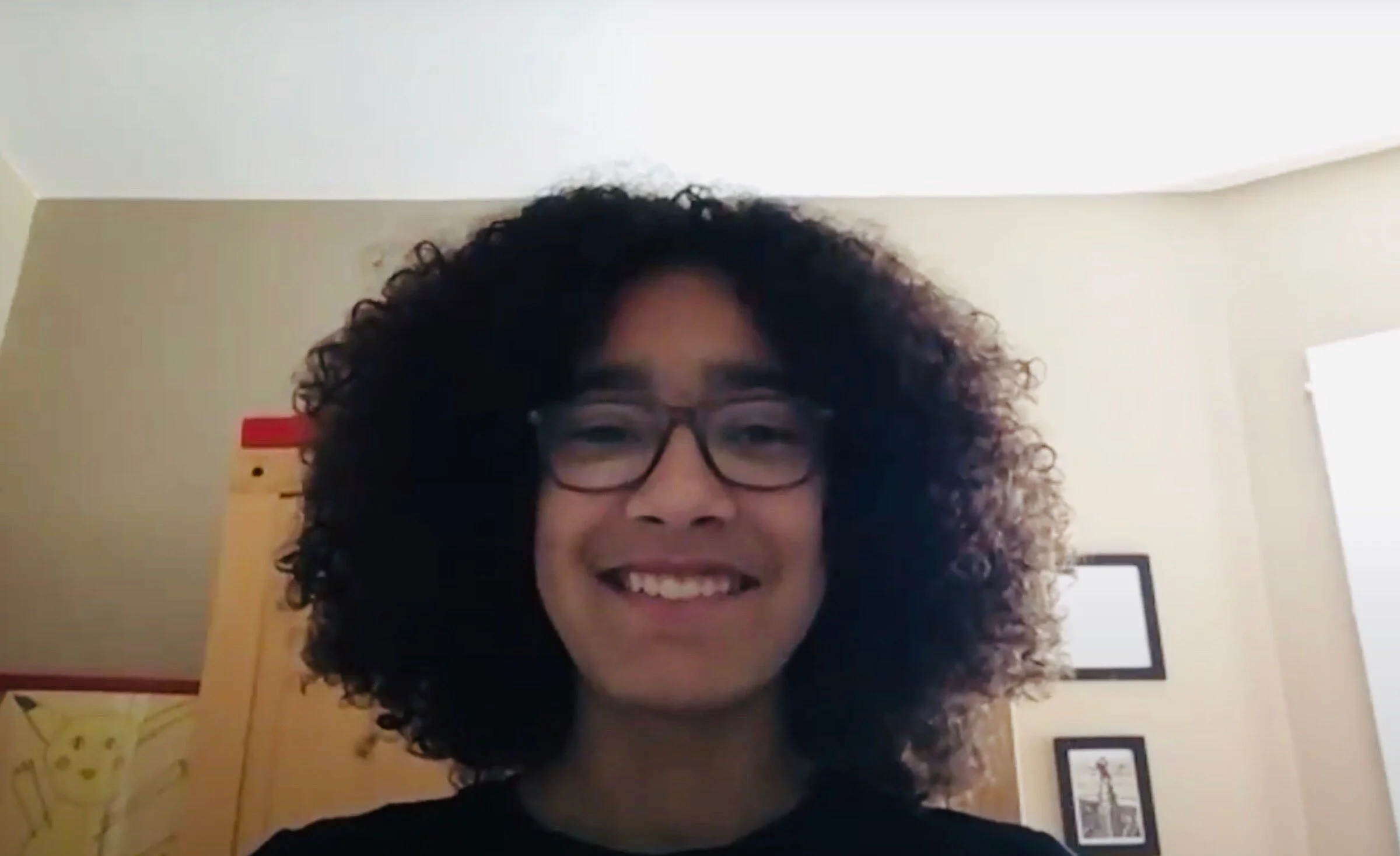Group lessons, private lessons, or both?
There are many benefits to group lessons, and there are many benefits to private lessons! Music House strongly believes that the ideal learning environment is a combination of both. The one-on-one attention your child receives in private lessons allows them to refine all techniques necessary to playing their musical instrument, but to be a well-rounded player, learning how to play with others is a very necessary skill.
What are the benefits to private lessons?
Learn at their own pace: Every child progresses at their own pace. When the focus is on the individual student, they can fully develop each skill without the pressure to move forward before they’re ready, or the boredom that can come from moving too slowly.
Instant feedback: The teacher is able to provide specific and personalized feedback to the student. In a one-on-one lesson, the student is also able to hear their own playing the entire time, and as a result, can better self-correct. They are held more accountable in a one-on-one setting, and can leave the lesson knowing exactly what they need to practice. Private lesson students often advance more quickly than students who are in only group class, because of this individual attention.
Focus on technique: The personal attention in private lessons allows students to refine more detailed areas of their playing that they wouldn’t necessarily get in a group setting. Each skill builds upon the last, so establishing good technique from the start, and refining each step of the way, is essential in learning an instrument.
Studio benefits: When you participate in private lessons with Music House, you get the many additional offerings from a studio environment, including private lesson solo recitals and concerts! You’ll also have the opportunity to sit in on your child’s lessons and have direct communication with their teacher, which will allow you to better support your child’s practice and musical journey at home.
What are the benefits to group lessons?
Motivation: A huge source of motivation for many students comes from playing with their peers. Group lessons help to take the student out of their individual practice bubble and see the big picture - they get to see what is to come by watching more advanced players, and learn to be a leader among less advanced players. It can be so helpful for a student to not only see their peers excelling, but also to know that they are sharing in many of the same struggles.
Community: One of the incredible benefits of learning the Suzuki method is that there is an entire community around the world that shares in this common repertoire. While two Suzuki students may not be able to speak the same language, they can play the same pieces! Many aspects of learning an instrument and practicing is a solitary activity, however, the greatest joys of music come from playing with others. Dr. Suzuki said “A child does not learn the native tongue only by daily one-to-one training but smoothly and rapidly learns it through talking with others” (Where Love Is Deep). Just like learning a language, music is better learned when immersed in a community of other music-makers!
Ensemble Skills: Playing in an ensemble requires a completely different skill set than playing as a soloist. When playing in a group, the student learns to blend with those around them, follow the leader in tempo, dynamics, and phrasing, and play as “one violin”.
Listen to what Music House parents, teachers, and students have to say about group and private lessons!
Elias’s Group Outreach and Private Lesson Experience

